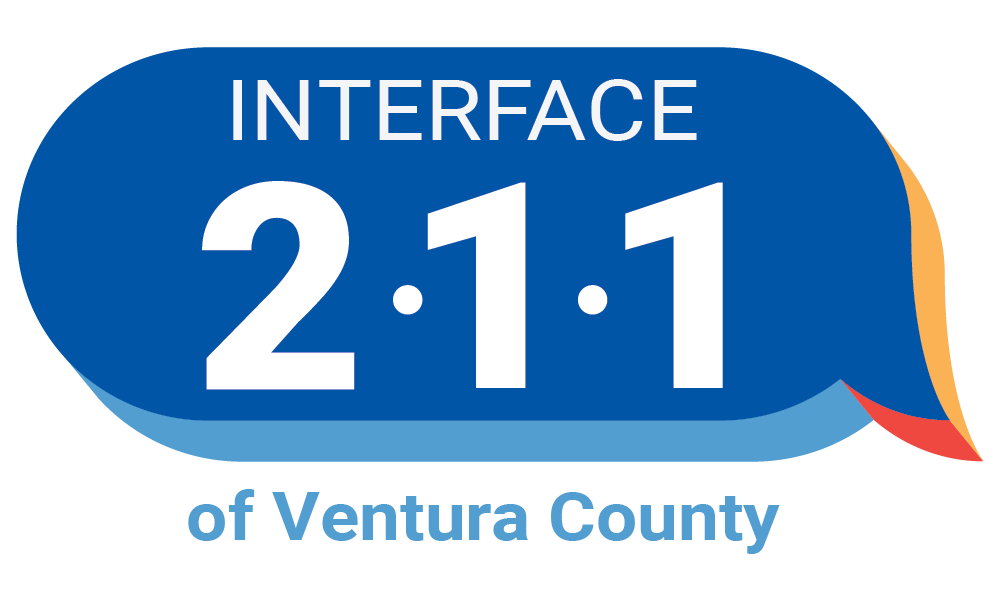
Luke looked his therapist in the eye the day he said, “I’m not scared of myself anymore. I’m a good guy. My heart is good.” Still an awkward teenager, he was also a youth at peace.
This peaceful young man was unrecognizable from the squirming 15-year-old who first sat down in an Interface office six months before. That day, Luke had bounced his leg so hard that our staff member could feel the vibration in the floorboards. He picked at his fingernails as he scowled at the corner of the room. “I’m afraid I’m going to hurt someone,” he mumbled.
 At first, Luke’s thoughts of harming others were fleeting. As he noticed them and began to ruminate, the ideas loomed with obsessive power. He couldn’t make them stop. They had started months before when a group of peers bullied him to the point of physical assault. With thick glasses, a tendency to blurt out his opinions, pubescent skin, and a closeted sexual orientation, Luke became a doormat on which three other high school freshmen wiped their own pain. They took control of his feelings about himself, constantly belittling him. When one day he tried to escape from their harassment, they broke his nose, cracked two ribs, and left him bleeding and bruised. Now Luke wanted control back. He knew he needed help. His anger and his pain overwhelmed him, and he needed to make changes before he harmed others.
At first, Luke’s thoughts of harming others were fleeting. As he noticed them and began to ruminate, the ideas loomed with obsessive power. He couldn’t make them stop. They had started months before when a group of peers bullied him to the point of physical assault. With thick glasses, a tendency to blurt out his opinions, pubescent skin, and a closeted sexual orientation, Luke became a doormat on which three other high school freshmen wiped their own pain. They took control of his feelings about himself, constantly belittling him. When one day he tried to escape from their harassment, they broke his nose, cracked two ribs, and left him bleeding and bruised. Now Luke wanted control back. He knew he needed help. His anger and his pain overwhelmed him, and he needed to make changes before he harmed others.
His teacher noticed the warning signs. She saw something and said something. Then, Luke came to Interface.
Luke expended tremendous effort to learn and practice daily skills to make sure that his ideas and behaviors were not causing any harm to others. For six months, Luke and his therapist worked through trauma-informed evidence-based practices including dialectical behavior therapy and trauma-focused cognitive behavioral therapy that would eventually teach him to feel comfortable with his body and emotions as he navigated high school social politics. He is the kind of success story that we wish stretched across the front pages of every newspaper in America. Because Luke is not alone, and violence can be preventable.
—
Did you know that nearly every mass shooter in our nation has had one of two things in common with other shooters? One is a previous experience of bullying victimization. The other is childhood trauma related to family violence. Did you know that family violence perpetrators are also significantly more likely to have experienced childhood trauma from family violence? That many child sexual predators were sexually abused as children? That untreated military PTSD predicts future violence? Friends, do you see the pattern yet? Without intervention, trauma begets trauma. For certain, not every mental health challenge produces violence, but when we see trauma, we need to intervene. It’s essential for our community and our nation that we do. At Interface, we know how.
May was National Mental Health Awareness Month, a time set aside to recognize the varied and complex mental health conditions in our world. Many of these conditions connect to childhood traumatic events, which we define as the experience or witnessing of “frightening, dangerous, or violent event that poses a threat to a child’s life or bodily integrity” (National Child Traumatic Stress Network, 2021). When a child experiences a traumatic event in their lives, it can initiate intense feelings and physical reactions both immediately following the event and sometimes long after the event. A child may feel fear, panic, sadness, helplessness, anger, physical tension, restlessness, a pounding heart, or physical or emotional numbness. Luke’s life and bodily integrity profoundly changed the day his peers attacked him. His body’s wounds healed, but the heart’s wound became infected and started to fester.
We know that therapy is only one type of support that improves recovery. We know that each system a child or family engages in can contribute to long-term health and wellbeing. Our Mental Health team works to strengthen children and families through evidence-based protective mechanisms including positive attitudes, values or beliefs; conflict resolution skills; good mental, physical, spiritual and emotional health; positive self-esteem; success at school; positive parenting skills; parental supervision; and strong social and cultural supports.
This Mental Health Awareness Month, Interface staff have engaged with school personnel and parents county wide through video platforms to provide timely presentations on Enhancing Student Engagement and—always essential—Recovery and Resilience. To extend our reach to provide resources, tips and supports, the community may opt in to receive information via text message by texting “mentalhealth” to 211211. You can also help expand our influence by donating to help us build prevention programs and response resources to serve every last child and adult in Ventura County who may need healing.
Remember Luke the next time you see a mass shooter on your television screen and our nation once again grieves the loss of human life. Remember him when you see a news article about a young woman who brought a knife to a workplace to harm a coworker. Remember him when you agonize over what can be done to stop community violence. Every life has inherent worth, yes, even the lives of those who harm others. Everyone who wounds has a wound. We can break this chain of harm and violence by healing one wound at a time.
Thank you for your passionate support in joining with us,


